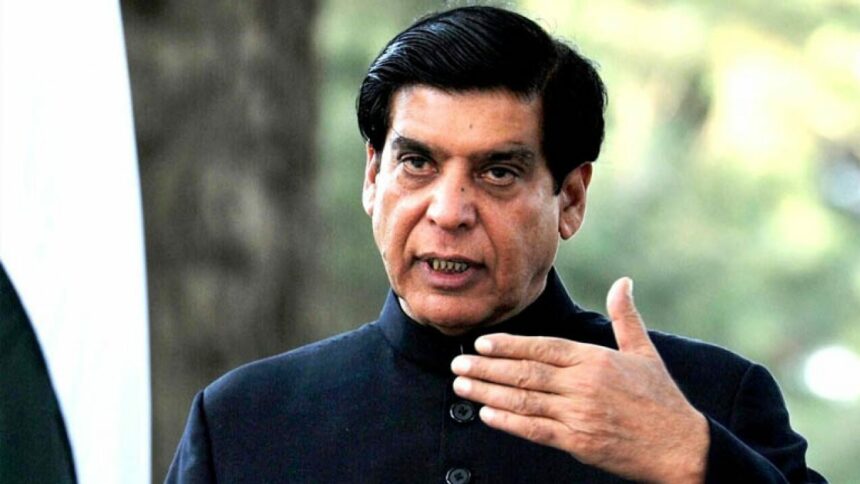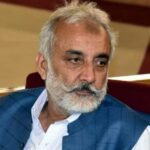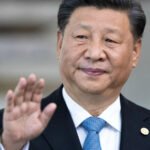Raja Pervaiz Ashraf, the speaker of the National Assembly, stated on Sunday that he would not accept the resignations of any PTI legislators, who announced widespread resignations from the lower chamber of parliament in April unless he was certain that they were not submitted under duress.
When asked why he only approved the resignations of a select few PTI MPs, he responded, “The law requires that even if a member declares in my presence that they wish to leave but I have knowledge that they are under influence, I should not accept their resignation.”
It is important to remember that PTI leader Qasim Suri, who was serving as an acting speaker at the time, acknowledged the resignations of 123 PTI MNAs on April 13 after they had responded to their party chairman Imran Khan’s plea following the ouster of the latter from the position of prime minister by a vote of no-confidence earlier in the month.
Nevertheless, on April 17, Raja Pervaiz Ashraf, the recently elected NA Speaker, gave the assembly secretariat instructions to handle the PTI MPs’ resignations once more and give them to him so that they could be handled legally he issued his decision in the wake of allegations and rumours that some former parliamentarians from the ruling party were eager to quit and were sending out signals that their resignations should not be accepted.
Ashraf claimed that PTI legislators continued to use the benefits offered to MNAs and inhabit parliament lodges even after the announcement of mass resignations. “Then they write me texts requesting that I reject their resignations. In this situation, he declared, “I will not remove any member until I am confident that they are not retiring under duress.
Additionally, the speaker made it clear that he had approved the resignations of the MPs who had publicly declared in the media and on social media that they were resigning voluntarily.
Imran’s ouster and mass resignations
Just hours before Shehbaz Sharif, the opposition leader at that time was about to take the oath of office as the new leader of the country, the PTI, whose leader Imran Khan had been removed as premier by a no-confidence vote in April, said it was quitting the NA collectively.
After accepting the resignations of 123 PTI MNAs, then-NA deputy speaker Qasim Suri took over as interim speaker of the house. On July 27, however, the outgoing speaker chose to confirm the resignations before accepting the resignations of just 11 legislators.
On August 1, the PTI filed its initial challenge against the action in the Islamabad High Court (IHC), arguing that it was “untenable.” On September 6, the IHC, however, dismissed the case and ruled that Suri’s acceptance of the resignations of PTI MPs was illegal.
The party then went to the SC and pleaded with it to overturn the IHC judgment because it was “vague, superficial, and against the law.” The Supreme Court’s ruling on the PTI’s appeal is still waiting.
Meanwhile, deposed PTI MPs asserted before the IHC once more in October that the NA speaker had treated their “massive numbers submissions” as a resignation and had advised the Election Commission of Pakistan to de-notify them (ECP).
They petitioned the high court to overturn the NA speaker and ECP’s acceptance of their “resignations” in a shift from their prior demand that they are accepted immediately.
Speaking on the subject today, Ashraf stated that he anticipated PTI legislators to return to the chamber, represent their districts, and participate in discussions.












